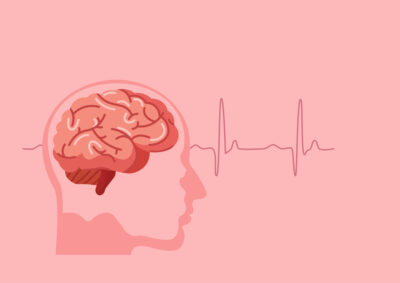
Physicians Suggest Small But Important Update to Standards for Determining Death
By Jonathan Springston, Editor, Relias Media
The American College of Physicians (ACP) has recommended a subtle but key revision to the Uniform Determination of Death Act (UDDA) regarding the definition of brain death.
The UDDA currently reads, “An individual who has sustained either (1) irreversible cessation of circulatory and respiratory functions, or (2) irreversible cessation of all functions of the entire brain, including the brain stem, is dead.” ACP suggests changing “irreversible” to “permanent” in the first clause. The position paper authors argued “irreversible remains the best term regarding brain death.”
“Irreversible is understood to encompass circumstances in which physiologic functions cannot resume (that is, it is not biologically possible). The term permanent is understood to encompass not only circumstances in which physiologic functions cannot resume (that is, are irreversible) but also those in which function will not resume (for example, because resuscitation, although possible, will not be pursued out of respect for the patient’s preferences),” the authors explained. “Using permanent with respect to brain death would inappropriately allow determinations of death when conditions, such as hypothermia or drug intoxication, are reversible.”
Elsewhere in the position paper, ACP underlined three other current UDDA definitions they argued should remain unchanged. These include maintaining circulatory and whole brain (neurologic) standards for determining death as separate, independent standards; retaining the whole brain standard for determining death according to neurologic criteria; and aligning medical tests used for determining death with legal standards.
Meanwhile, ACP suggested separating the determination of death from organ transplantation. “There is a risk that determination of death will be driven, explicitly or implicitly, by interest in obtaining organs for transplantation,” the paper authors wrote. “Criteria for determining death should not be governed by the need to procure organs for transplantation. Maintaining separation between discussion of how death is determined and organ transplantation is critical for avoiding potential conflicts of interest and preserving trust in how death is determined.”
In 1981, the Uniform Law Commission produced the UDDA, which has served as a legal standard in the United States. In 2021, the commission appointed a committee to consider revising UDDA. Although no formal revisions have been announced, there have been no shortage of opinions.
In July, the National Catholic Bioethics Center (NCBC) and the National Catholic Partnership on Disability raised concerns about substituting “permanent” for “irreversible.”
“The proposed revision will allow patients who exhibit partial brain function to be declared ‘legally dead’ when they are not biologically dead,” the groups wrote. “Catholic teaching cannot accept anything less than whole brain death as a legal definition of death.”
The upcoming October issue of Medical Ethics Advisor includes an article about the growing number of conflicts regarding brain death. In this story, ethicists highlight some of the conflicts arising at their institutions, and offer guidance to help clinicians think though the different scenarios.
For more on this and related subjects, be sure to read the latest issues of Critical Care Alert, ED Management, Emergency Medicine Reports, and Neurology Alert.
